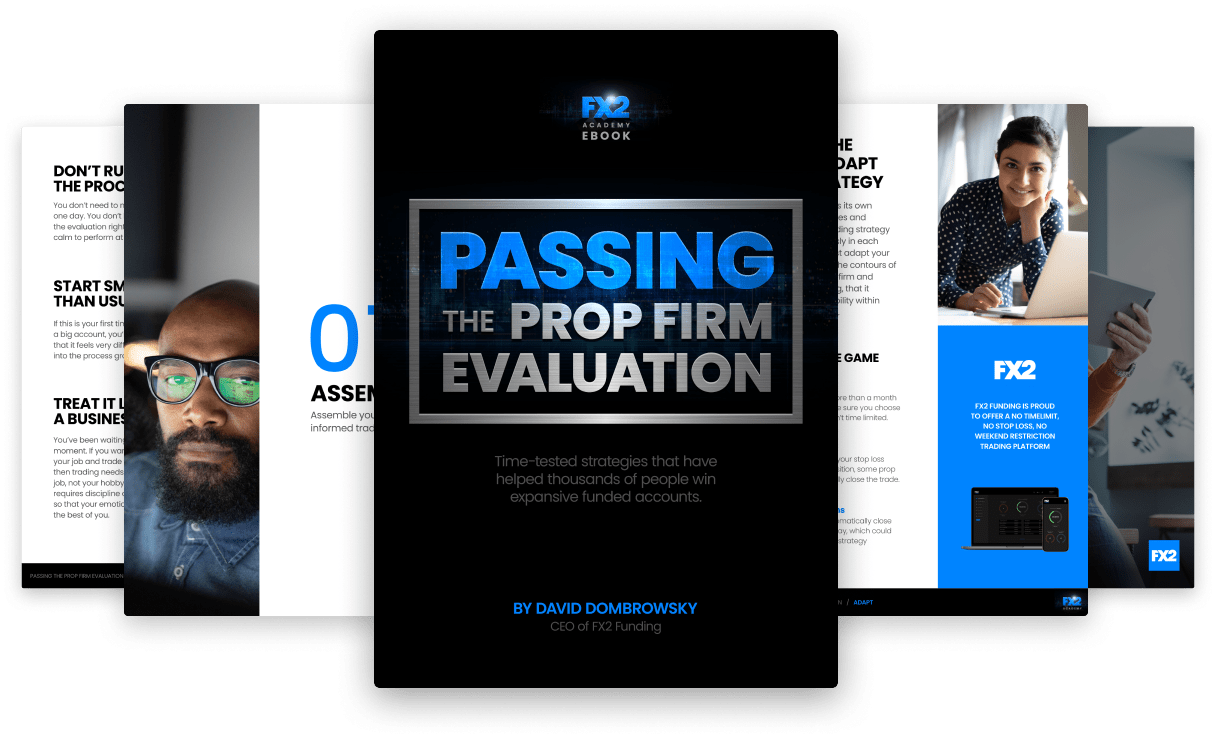Master Self-Trust and Resilient Behavior
Introduction
Trading in the financial markets is not just about strategies and market analysis; it's equally about the psychological resilience and decision-making capabilities of the trader. Trading psychology plays a pivotal role in a trader’s ability to make consistent and rational decisions. Understanding and managing the psychological aspects of trading can significantly enhance performance and prevent costly emotional decisions.
Exploring the Basics of Trading Psychology
Trading psychology refers to the emotional and mental state that helps dictate success or failure in trading securities. It encompasses the discipline to stick to a trading plan, the resilience to cope with losses, and the confidence to apply a successful strategy in a variety of market conditions. Traders must recognize how their own emotions and mental processes influence their trading decisions.
Understanding Trading Psychology
The core of trading psychology is how emotional responses can affect trading decisions. Fear and greed are potent emotions that drive much of the market volatility. A successful trader needs to understand these emotions not only in themselves but also in other market participants, as these emotions can drive market movements and create trading opportunities.
How Bias Affects Trading
Cognitive and emotional biases often distort a trader's judgment. Recognizing these biases is the first step toward mitigating their influence and making more informed decisions. Biases in trading can lead to overtrading, holding onto losing positions too long, and other destructive behaviors that can undermine a trader's profitability.
Unveiling the Impact of Cognitive and Emotional Biases on Traders
In the world of trading, our decisions are often swayed by unseen forces: our cognitive and emotional biases. These ingrained tendencies can significantly influence our trading outcomes, making it crucial to understand and counteract them.
1. Negativity Bias
Negativity bias is the tendency to put more emphasis on negative experiences rather than positive ones. In trading, this can cause a trader to focus excessively on losses and setbacks instead of learning and moving forward from them.
2. Gambler’s Fallacy
This is the erroneous belief that if something happens more frequently than normal during a given period, it will happen less frequently in the future, or vice versa. Traders often fall into this fallacy, mistakenly believing that a losing streak means a win is "due."
3. Status Quo Bias
Many traders resist change and stick with familiar assets or strategies, even when evidence suggests an alternative approach might be better. This bias can limit a trader's ability to adapt to changing market conditions.
4. Anchoring Bias
Anchoring occurs when traders base their decisions on specific reference points, which may no longer be relevant. For example, a trader might fixate on the initial price paid for a stock, affecting their decision to sell even when market fundamentals suggest doing so.
5. Hindsight Bias
This bias leads traders to believe they could have predicted an event after it has already occurred. It can create overconfidence in one's predictive abilities and result in increased risk-taking.
6. Confirmation Bias
Confirmation bias is the tendency to search for, interpret, favor, and recall information in a way that confirms one's preconceptions. This leads traders to favor information that supports their existing strategies or predictions, ignoring contradictory evidence.
Overcoming Cognitive and Emotional Biases
Overcoming biases requires a commitment to objective and systematic analysis. Traders should seek diverse sources of information, regularly review their decisions and outcomes, and develop strategies that minimize emotional decision-making.
Emotions can be a trader's greatest ally or worst enemy. By learning to manage and mitigate emotional biases, you can transform your trading performance, making more rational and profitable decisions.
Assessing Risk Appetite
Understanding personal risk tolerance is critical. Traders should align their trading strategies with their risk appetite to avoid undue stress and irrational decision-making.
Recognizing the Need for Breaks
Taking breaks, one of the most obvious yet very effective psychology tips, can prevent burnout and help maintain a clear perspective, allowing traders to return to the markets with renewed focus.
Developing a Robust Trading Plan
A well-constructed trading plan outlines specific, measurable, and achievable goals. It includes detailed risk management strategies, trading tactics, and criteria for entering and exiting trades, helping traders stick to a disciplined approach.
Enhancing Your Trading Psychology
Every trader is unique, with distinct personality traits that shape their trading style. Recognizing these traits is the first step in tailoring your approach to align with your psychological makeup, leading to more consistent and satisfying results.
Identifying Personality Traits
Self-awareness is key in trading psychology. Traders must understand their personality traits and how these traits influence their trading decisions.
Crafting a Comprehensive Trading Plan
A comprehensive trading plan not only outlines what to trade and how much to trade but also incorporates strategies for emotional regulation and bias mitigation.
Conducting In-depth Research
In-depth research helps build confidence and reduces the impact of emotions and market noise on trading decisions, providing a solid foundation for consistent trading success.
Delving into Behavioral Finance
Behavioral finance studies the psychological influences on financial practitioners and market anomalies. Understanding these can provide traders with a deeper insight into market dynamics and investor behavior.
Identifying Common Trading Mistakes and Their Psychological Impact
Common mistakes such as overtrading, failure to apply stop-loss orders, and emotional trading can have severe psychological impacts. Recognizing and understanding these mistakes can help in developing more effective trading habits.
Cognizance of Successful Trading Mindsets
Successful traders exhibit traits such as discipline, patience, and objectivity. Developing these traits can help traders make more rational decisions and achieve consistent results.
Summary
Trading psychology is a critical component of successful trading. By understanding and managing psychological factors, traders can maintain better control over their emotions and decision-making processes, leading to more consistent and profitable trading.
More Resources
For further exploration of trading psychology, resources such as books, seminars, and workshops by experts in the field can be invaluable. Engaging with community forums and discussion groups can also provide support and deepen understanding.




